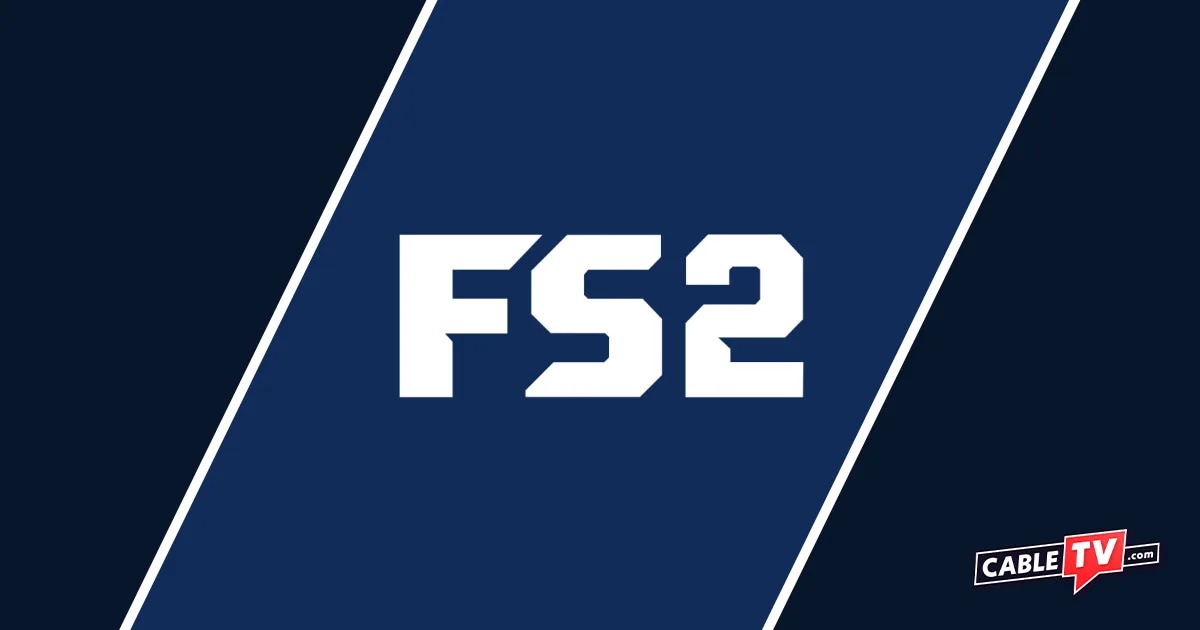Cable internet connection issues can be a huge inconvenience. But don’t dismay over your dropped connections too much. We’ve researched four common causes for cable internet outages and connection issues—and how you can fix them.
Jump to:
Too much network traffic
Because your cable internet comes to your home from a hub that you share with your neighbors, even just a few households using the internet at the same time can slow your network traffic or even cause dropping.
What to do about heavy internet traffic
Test your internet speed a couple times this week using a speed test tool, taking note of how it performs at various times of the day.
If your actual internet speeds don’t measure up to the speeds you’re paying for, it might be time to contact your internet provider or start looking for a new one.
If your internet speeds only dip around busier times of the day, you might just wanna hop online early in the morning or late at night when fewer people use the internet.
Network outage or damage
As you probably know, the cable wiring and hubs that connect your cable internet and TV to your home can be damaged by extreme weather, construction, and even animals.
What to do about a network outage
If your network is down, there’s not much you can do other than contact your provider to confirm (or possibly report) the outage.
Contact your cable company
Modem and router performance
Your cable modem and router can benefit from routine “maintenance.” Basically, small bugs can build up and precious memory can be taken up, causing performance issues.
What to do about modem and router issues
Reboot your modem and router to clear out its memory and re-calibrate its operating system. If your internet connection improves, you probably just need to reboot your modem and router more often.
Didn’t work? Sometimes either your firmware or your old modem and router just plain suck. It might be time to update or replace one of them, my friend.
Too many devices connected at the same time
If you have a large household that uses a lot of internet-connected devices, all those cell phones and tablets can slow down your internet connection—and maybe even cause it to drop.
What to do about too many devices connected at the same time
There’s an easy way to tell if you have too many connected devices: do a device audit.
If your internet connection stops dropping, you’ll wanna keep better tabs on which devices connect automatically to your home network.
If you’re still having internet connection issues (we know, we’re starting to sound like a broken record), you may want to switch internet service providers or upgrade your internet plan.
Final take
If your internet keeps losing connection, it could be due to heavy traffic, a network outage, or a problem with your modem. It also could be that you have too many devices connected to the internet at once, so try disconnecting any device you don’t use that often.
When you’re ready to take your internet service to the next level and minimize the amount of buffering you have to deal with, consider upgrading to one of our top picks for internet providers.
Some regions get better service than others, so enter your zip code below to see what plans are available in your neck of the woods.
Cable internet outages FAQ
How do you fix your internet if it keeps disconnecting?
If your internet keeps disconnecting, your best option is to turn your modem and router off and on again. We know it’s cliché—but it works. Both devices require occasional maintenance, and rebooting them is the way to do it.
How do you know if the internet is down?
If you’re not sure whether your cable internet connection is down, you’ll be able to find out by contacting your provider.
How do I know if my router is bad?
If rebooting your modem and router doesn’t solve your connection woes, it may be time for an upgrade. Check out our list of the best cable modems for some options.
Methodology
With several years of experience researching internet service providers, our experts are equipped to guide you through all your internet and TV questions. For more information on how we whip up our guides and reviews, head over to How We Rank.





